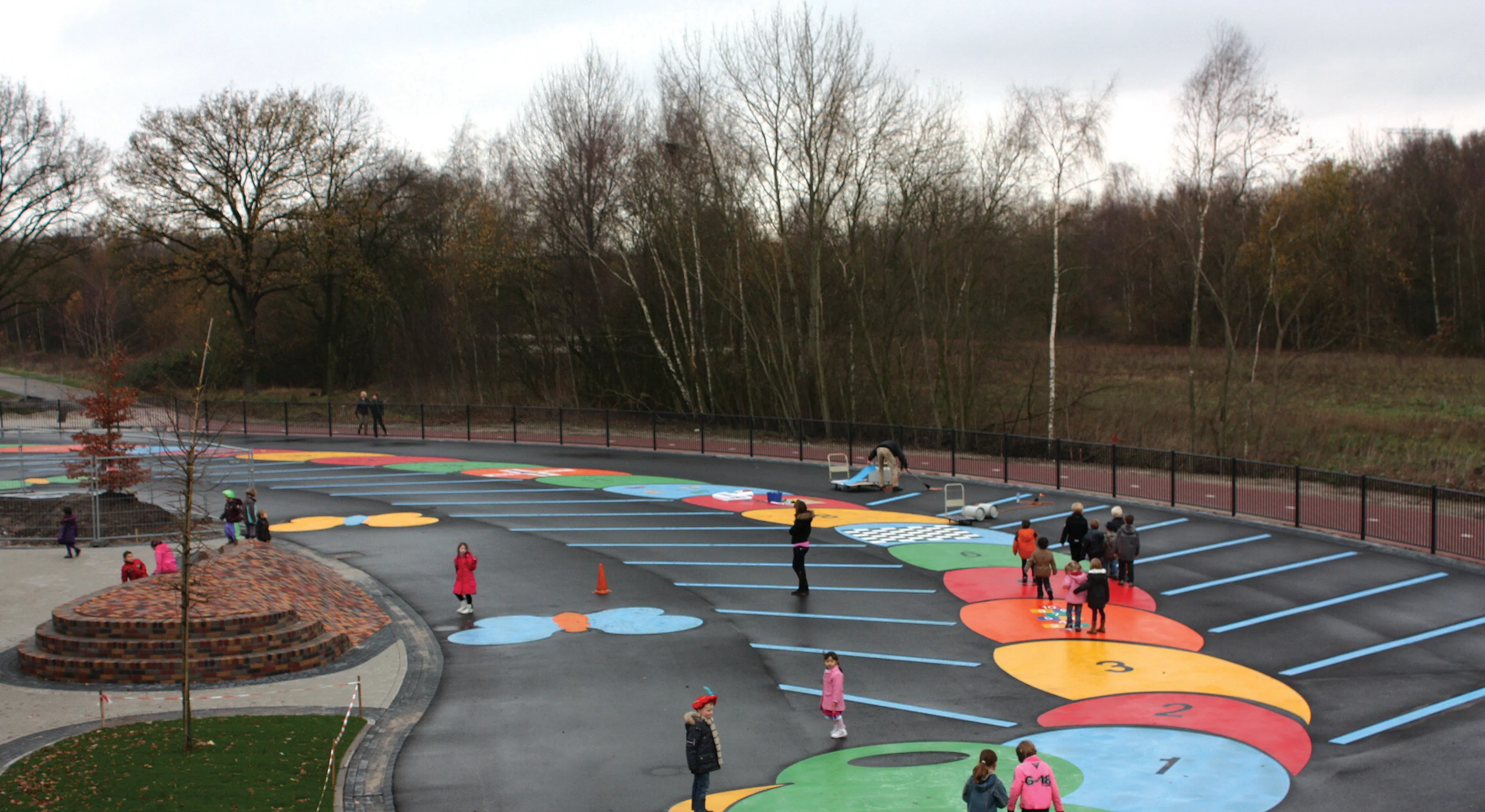In a bid to set a world record for the most useless vehicle-related product ever, a firm has developed what it calls the Carstache. Designed as an item of fake facial hair to attach to the front of a car or truck, this novelty device is intended to appeal to male motorists who presumably have more money than sense. The utterly pointless product allows an owner to personalise a vehicle according to the company's founder. The Carstache is available in a range of colours including black, brown, orange and pink
February 27, 2012
Read time: 2 mins

In a bid to set a world record for the most useless vehicle-related product ever, a firm has developed what it calls the Carstache. Designed as an item of fake facial hair to attach to the front of a car or truck, this novelty device is intended to appeal to male motorists who presumably have more money than sense. The utterly pointless product allows an owner to personalise a vehicle according to the company's founder. The Carstache is available in a range of colours including black, brown, orange and pink. Other useless products already available from the same firm on which car owners can needlessly waste their money include CarLashes. These are fake eyelashes that can be attached to the headlights of cars and trucks and intended to appeal to female vehicle owners. According to the firm, these novelty products are said to be humorous.








